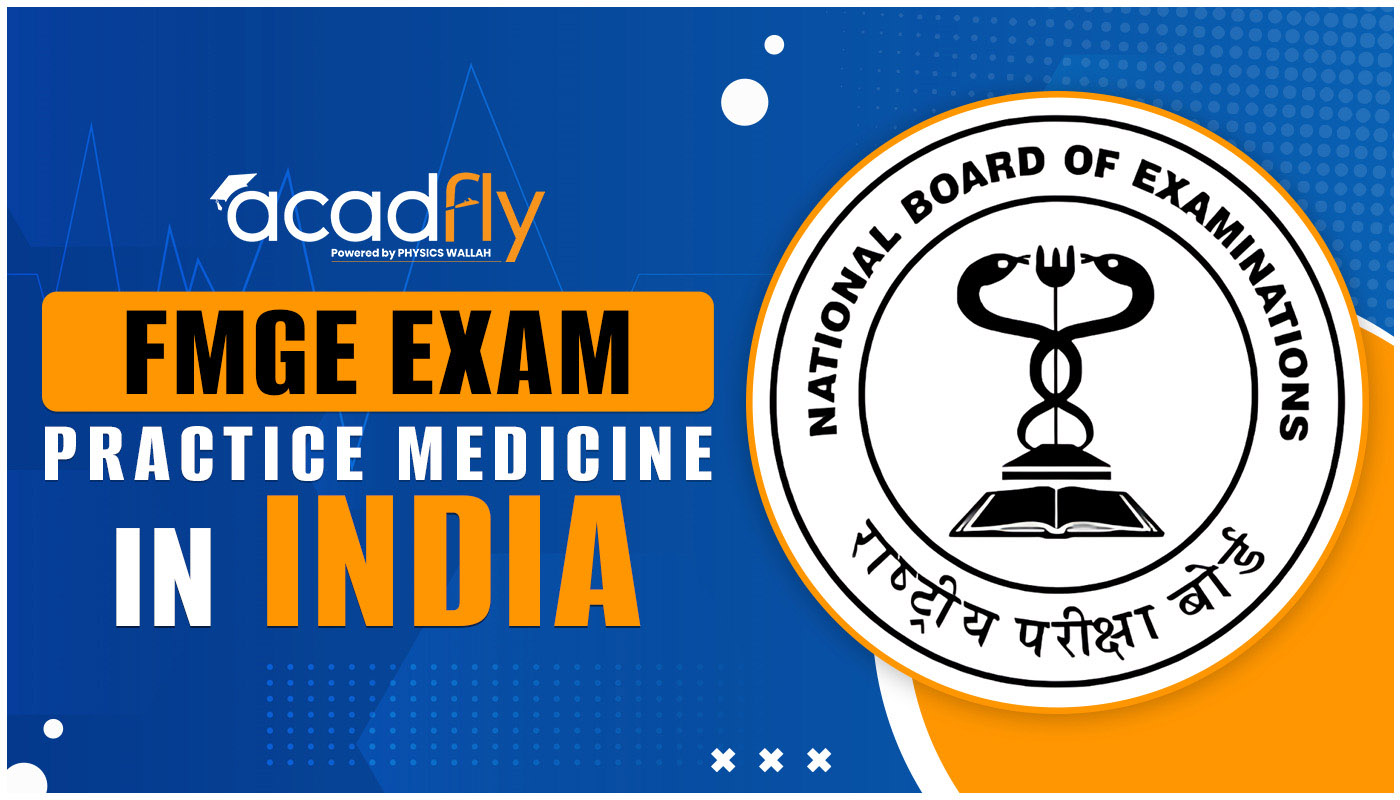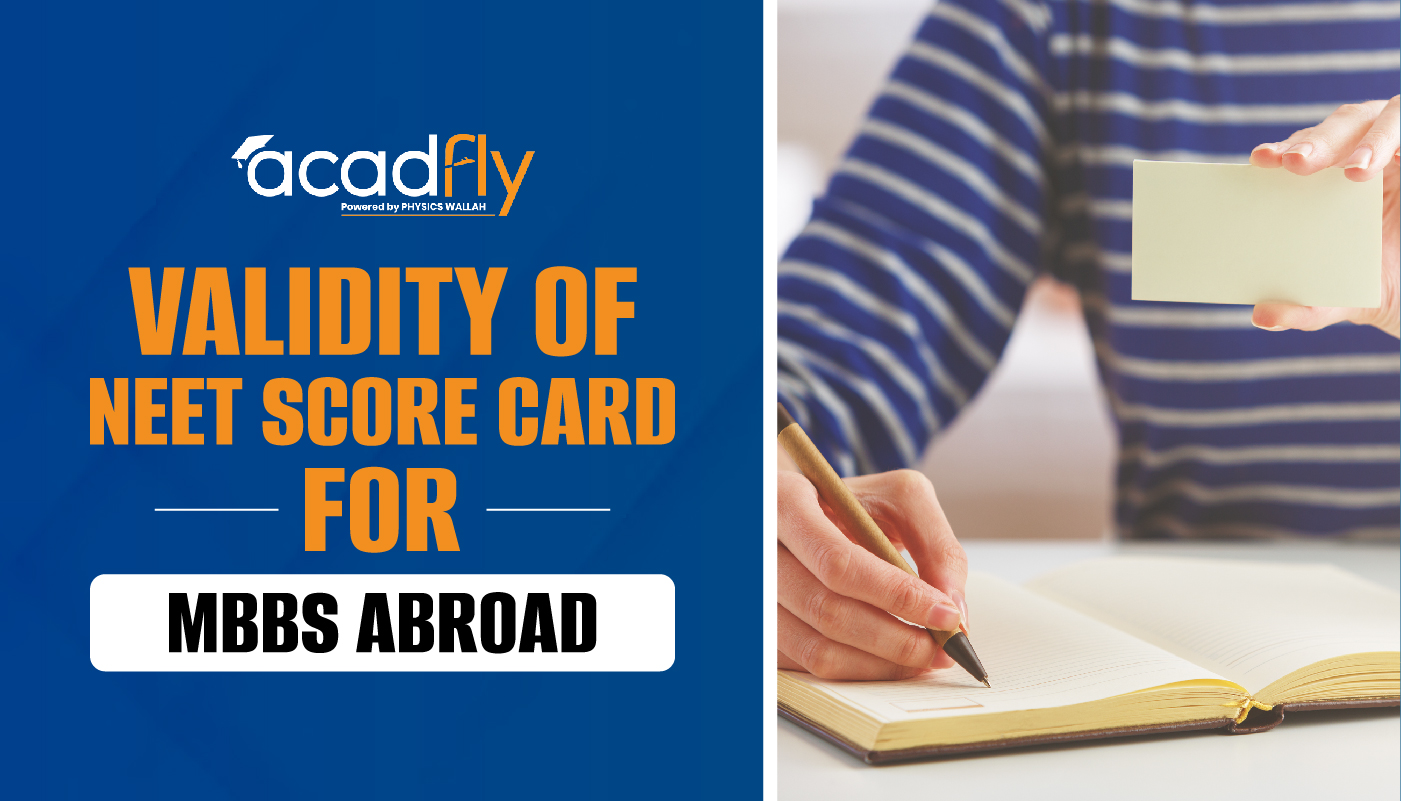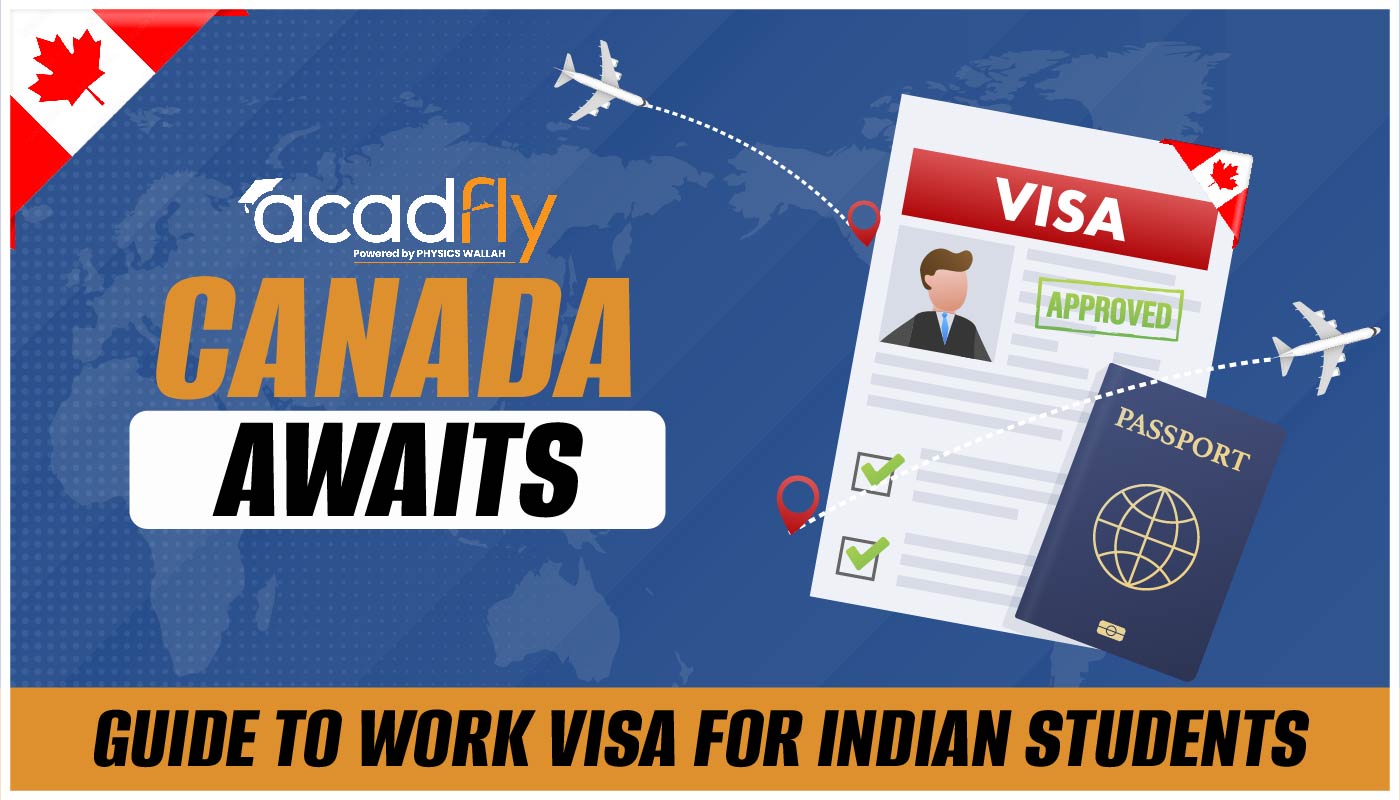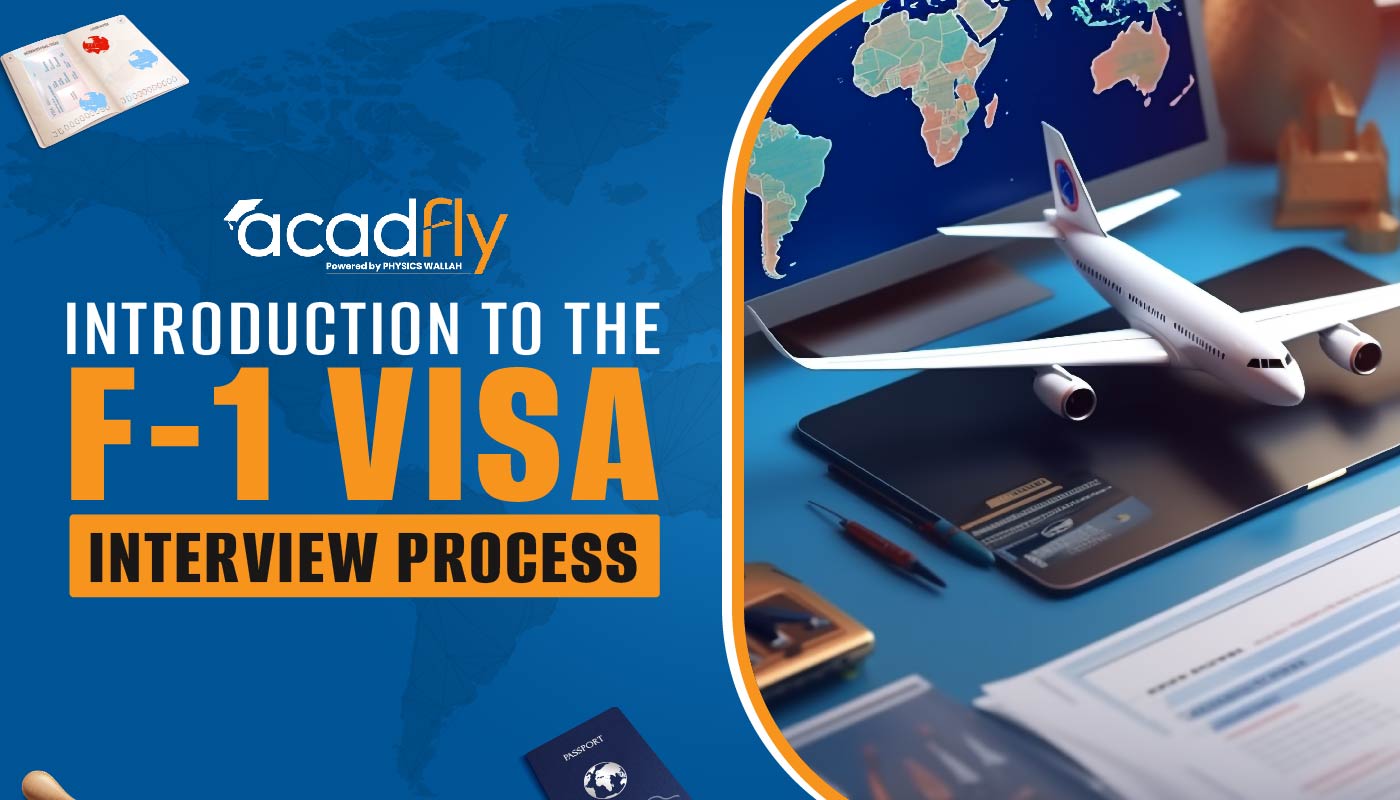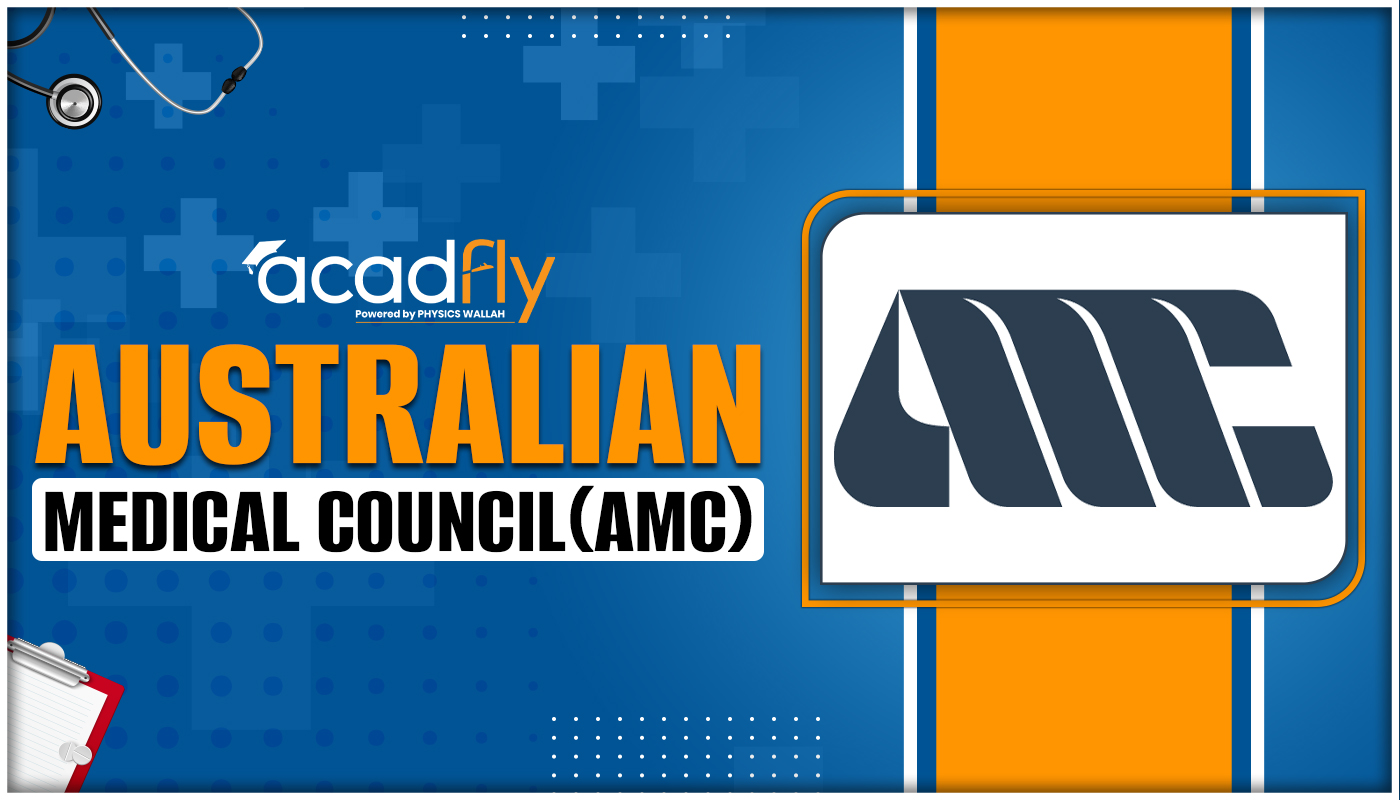
Navigating Medical Licensing After MBBS Abroad can be a complex process, but understanding the steps involved is crucial for international medical graduates. This journey involves meeting specific Licensing Requirements and completing the Medical Certification Process to practice medicine effectively. This article will guide you through the essential steps and procedures for obtaining medical certification and licensing, ensuring you are well-prepared to start your medical career.
Understanding the Medical Certification Process for International Graduates
Navigating Medical Licensing After MBBS Abroad involves several key steps. First, you need to understand the Medical Certification Process required in the country where you plan to practice. This process typically includes verifying your credentials, completing any additional required training, and ensuring you meet the local medical standards.
Next, familiarize yourself with the Licensing Requirements of the country where you want to work. Each country has its own rules, which may include taking specific exams or completing additional coursework. Research these requirements thoroughly to ensure you are prepared for the steps ahead.
Post-MBBS Licensing involves a series of procedures that can vary depending on your destination. You may need to apply for a medical license, submit proof of your education, and pass exams that test your medical knowledge and skills. This phase is crucial for legally practicing medicine in your chosen country.
Finally, consider International Medical Certification and the Licensing Exams and Procedures involved. International certification can facilitate the recognition of your qualifications across borders. Prepare for any exams or procedures required to obtain your license and ensure you meet all necessary criteria for successful certification and practice.
Licensing Requirements: What You Need to Know After Studying MBBS Abroad
When pursuing a medical career after studying MBBS abroad, it’s essential to understand the specific requirements for practicing in your desired country. Here’s a clear overview of Licensing Requirements to help you navigate the process effectively.
Verification of Credentials
Ensure your medical degree and qualifications are verified by the appropriate authority. This step is crucial in the Medical Certification Process to confirm that your education meets local standards.
Completion of Additional Training
Some countries require additional training or coursework for international graduates. This is part of the post-MBBS licensing process and helps align your qualifications with local medical practices.
Passing Licensing Exams
Be prepared to take and pass specific licensing exams. These exams test your medical knowledge and are a key part of the Licensing Exams and Procedures in your new country.
Application for Medical License
Apply for a medical license according to the local regulations. This step is vital for Medical Licensing After MBBS Abroad and allows you to practice legally.
International Certification
Consider obtaining International Medical Certification if required. This can facilitate recognition of your qualifications across different countries and ease the process of gaining local licensing.
Post-MBBS Licensing: Steps to Take for Medical Practice
After completing your MBBS abroad, there are several important steps to take to start practicing medicine in your chosen country. Here’s a straightforward guide to post-MBBS licensing to help you navigate the process smoothly.
Credential Verification
The first step is to verify your medical degree and qualifications with the relevant authority in the country where you want to practice. This is a key part of the Medical Certification Process and ensures that your education is recognized.
Complete Required Exams
Prepare for and pass any licensing exams required by the local medical board. These exams assess your medical knowledge and are a critical part of Licensing Exams and Procedures for practicing medicine.
Fulfill Additional Training
Some countries may require you to complete additional training or internships to meet local standards. This step is crucial for aligning your skills with the local Licensing Requirements.
Submit License Application
Apply for your medical license through the appropriate regulatory body. This application is essential for Medical Licensing After MBBS Abroad and allows you to legally practice medicine.
Consider International Certification
If applicable, obtain International Medical Certification to facilitate recognition of your qualifications across borders. This can make the licensing process smoother and more efficient.
International Medical Certification: Navigating Global Standards
When pursuing Medical Licensing After MBBS Abroad, understanding International Medical Certification is crucial for meeting global standards. This certification helps ensure that your medical qualifications are recognized internationally, which can be essential if you plan to practice in multiple countries. It provides a standardized way to validate your education and training across different regions.
The Medical Certification Process for international recognition typically involves verifying your credentials with global medical bodies. This process may include submitting your degree details, proof of clinical experience, and any additional training you've completed. Ensuring that these documents meet the certification standards is key to achieving post-MBBS licensing.
Licensing Requirements can vary significantly between countries. International medical certification helps streamline this by providing a uniform standard that many countries recognize. This can simplify the process of meeting local requirements and preparing for any necessary Licensing Exams and Procedures in different regions.
Finally, obtaining International Medical Certification can enhance your ability to move and practice medicine across borders. It adds credibility to your qualifications and can make it easier to adapt to varying medical practices and regulations worldwide. This certification is a valuable asset in navigating the complexities of global medical licensing.
Licensing Exams and Procedures: Preparing for Medical Certification
Preparing for medical certification after studying MBBS abroad involves understanding and preparing for specific exams and procedures. Here’s a simplified guide on Licensing Exams and Procedures to help you navigate this crucial part of Medical Licensing After MBBS Abroad.
Research Exam Requirements
Find out the specific exams required for medical licensing in the country where you want to practice. This step is part of the Medical Certification Process and includes understanding the content and format of these tests.
Study and Prepare
Create a study plan tailored to the exams you need to take. Use study materials and practice exams to prepare effectively. This preparation is crucial for meeting Licensing Requirements and ensuring success in your exams.
Complete Necessary Paperwork
Ensure all required documents are submitted on time, including your application for the licensing exams. This paperwork is a key component of post-MBBS licensing and involves verifying your credentials and medical training.
Understand Local Procedures
Be aware of the procedures for taking and passing the exams in your chosen country. This includes knowing the registration process, exam dates, and any additional requirements. Understanding these details will help you navigate the Licensing Exams and Procedures smoothly.
Frequently Asked Questions
1. What are the first steps for medical licensing after studying MBBS abroad?
2. Do I need to take additional exams for medical licensing?
3. How can international medical certification help in the licensing process?
4. What is the role of credential verification in medical licensing?
5. Are there additional training requirements for international graduates?



